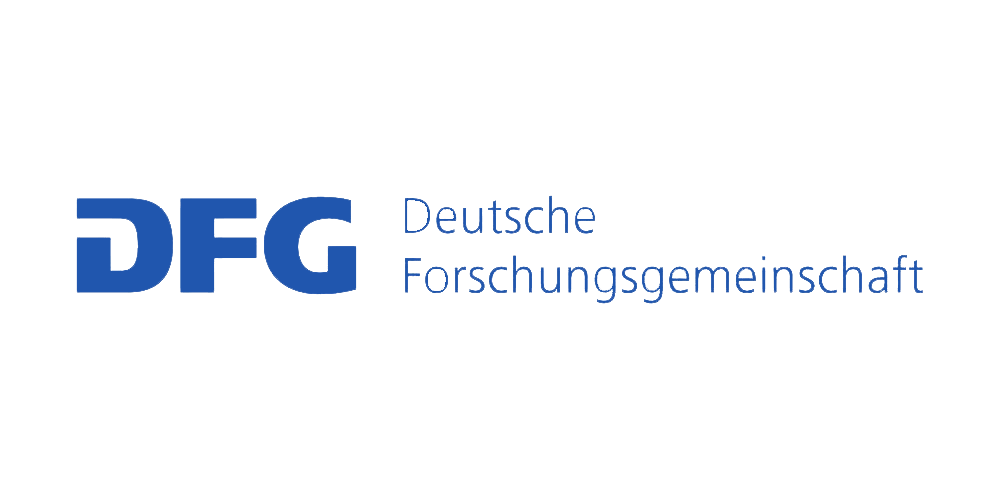Research Collaboration Management
Research is always at its most innovative and successful when it is conducted collaboratively and interdisciplinarily with third-party funding – especially in the form of collaborative research projects – playing a key role.
The Research Collaboration Management Team within the Research Division of the Dean’s Office is committed to supporting researchers at the Faculty of Medicine, University of Tübingen on this path. We are here to help you navigate the often complex landscape of research funding and provide tailored support throughout all stages of your project development.










